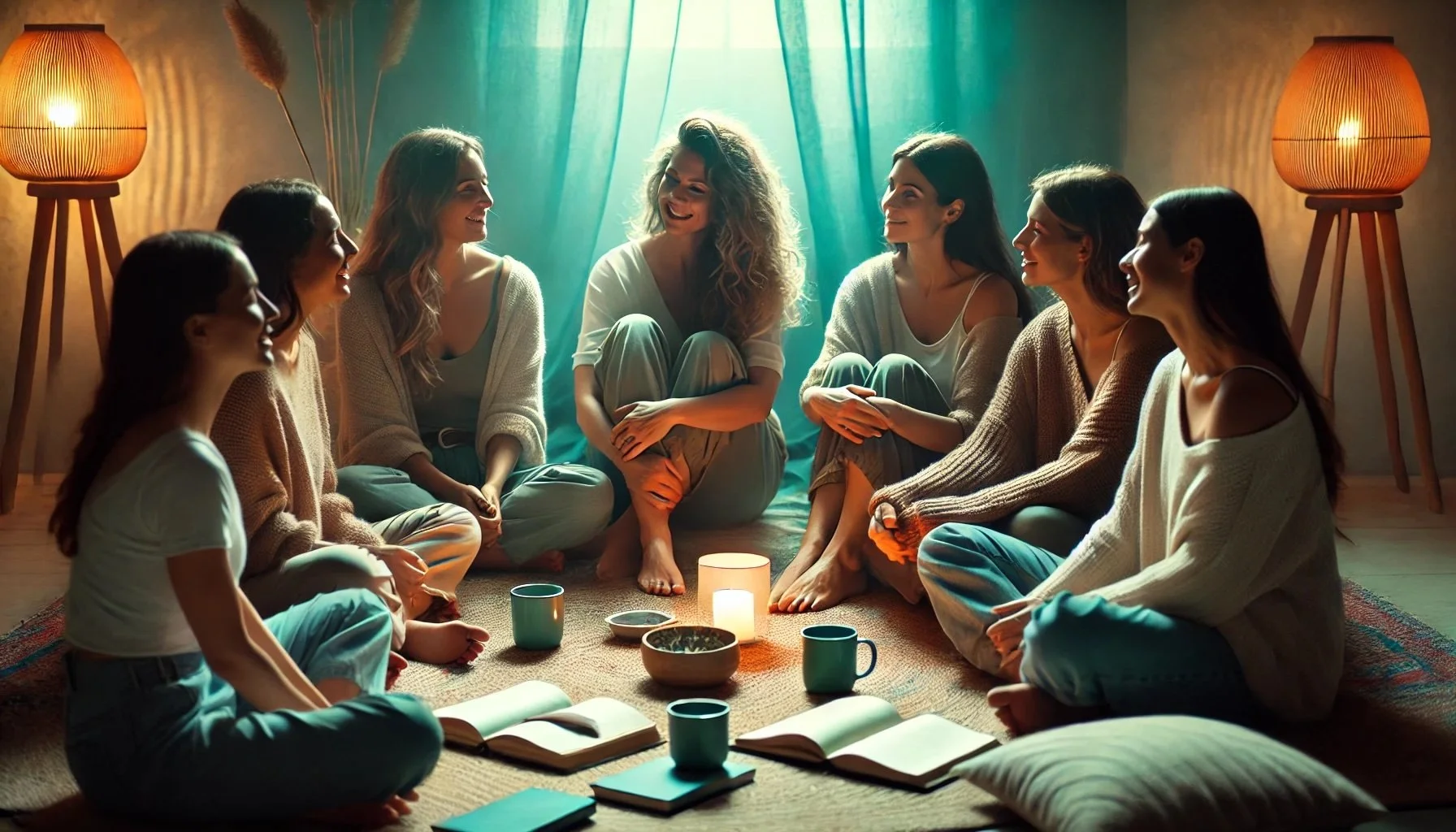Sacred Vulnerability
The Sacred Practice of Vulnerability
July 2014
Vulnerability was not something I was taught as a child. In my parents’ marriage, marked by addiction and codependency, I never once saw it expressed. Their connection was shaped not by tenderness, but by the forceful, chaotic energy of their disease. When their marriage dissolved, they carried their wounds into new dysfunctional relationships, never pausing to examine the deeper truths beneath their patterns.
It was only through the Twelve Steps of Alcoholics Anonymous that I came to understand vulnerability, not as weakness, but as the gateway to life’s most sacred gift: deep, meaningful connection. Without vulnerability, relationships may exist, but they lack the divine spark that makes them truly transformative.
Alcoholics and addicts, at their core, crave connection. We long for a space where we can shed our armor and be fully seen, yet we have spent much of our lives numbing that need, with a bottle, a pill, a needle, or something else to fill the void. We have built walls around ourselves, seeking solace in isolation, all while our souls whisper for something more.
In recovery, I have found that “something more.” I have discovered a sanctuary among kindred spirits—whether in meetings, in the quiet grace of fellowship afterward, in an unexpected encounter at a coffee shop, or in those sacred moments with my sponsor, where rigorous honesty becomes a life raft, holding me steady in the vast waters of my own truth.
I have spent much time reflecting on vulnerability, what hinders it, what masks it, and how I respond to it in others. It grieves me when those I love, choose to shut it down, turning instead toward avoidance, justification, or dismissal. But I know now that the greatest barrier to vulnerability is not outside of me, it is within.
The name of that barrier? Ego.
Ego manifests in defensiveness, in the impulse to justify, in the casual shrug that says, It is what it is. But this posture is a mirage. It keeps us safe only in the illusion of self-protection, while in reality, it starves our relationships of depth and authenticity. I have seen this pattern in myself, and I have felt the sting of it in others.
In recovery, I have learned that my work is not to change others, but to examine myself. It is never about them—it is always about me. Not in a way that absolves others of accountability, but in a way that keeps me focused on my own growth, my own awakening.
This work is not easy. My mind often plays a relentless game of ping-pong: If only they… Why don’t they… When will they…? It’s my fault… Maybe I should have… Some days, I move through these thoughts in minutes. Other times, it takes days. But what I have learned is that the longer I resist vulnerability, the longer I suffer. My peace, my sanity, my freedom all hang in the balance.
The only way through is to surrender; surrender to soften, to open, to allow myself to be seen as I am. And though it is uncomfortable at times, the reward is profound.
I want relationships that are raw and real, that pulse with authentic love—the kind of love that deepens through transparency and truth. I want to know myself fully, to uncover the layers that either separate me from you and from God, or, in the greatest gift of all, bring us closer
The depth of connection I have found through the Twelve Steps keeps me on this path of spiritual discovery. Vulnerability is not just a practice; it is a doorway into a more expansive, radiant existence.
So I invite you, perhaps, dare you to be vulnerable, be wrong, be uncomfortable. Share the truths that make you human. Let yourself be fully seen, and in doing so, watch your life transform in miraculous ways.
